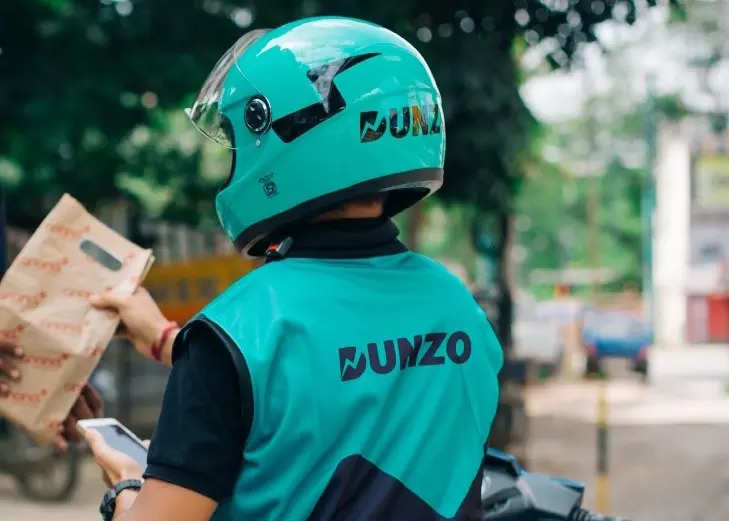[ad_1]
Dunzo, a hyperlocal delivery services startup, has delayed the payment of employee salaries for one month, and plans to settle any outstanding dues from the previous month in September.
The startup announced that it had to defer a portion of the previous month’s payroll until this week. Unfortunately, the company also stated that it could only pay the remaining salaries in early September. In addition, the August salary for all employees will also be delayed until September 4.
In an email to its employees, the startup explained that the delay in salary is due to its focus on streamlining cash flow to build a more sustainable business for the future.
During a town hall meeting with employees, Dunzo’s founder and chief executive, Kabeer Biswas, explained that the payment of June salaries over Rs 75,000 had been delayed due to a cash flow issue.
Bangalore-based startup eying more funding from Reliance
This move comes as the startup, which is backed by Google and Reliance Retail, is actively seeking new funding opportunities.
According to sources familiar with the matter, Dunzois looking to secure an additional $20 million (approximately Rs 165 crore) from its largest shareholder, Reliance Retail.
The Bangalore-based quick commerce startup failed to achieve its target of raising $75 million through convertible notes. As per Economic Times, the firm managed to raise only around $45 million in April
Only Reliance Retail and Google subscribed to the convertible notes, while the other shareholders chose not to participate. As a result, the company is experiencing a negative impact on its cash flow. Now, Dunzo is in talks with Reliance to raise the additional amount to sustain the business.
The company was looking to cut internal costs by 5-7% per quarter. However, recent indications suggest that the reduction targets may now increase significantly, possibly reaching double digits. Dunzo had originally planned to shut down about 50% of its dark stores in April, but this number has now risen to roughly 70%. Despite this, the company will continue to operate in the remaining locations through third-party vendors on its marketplace.
The startup announced that it had to defer a portion of the previous month’s payroll until this week. Unfortunately, the company also stated that it could only pay the remaining salaries in early September. In addition, the August salary for all employees will also be delayed until September 4.
In an email to its employees, the startup explained that the delay in salary is due to its focus on streamlining cash flow to build a more sustainable business for the future.
During a town hall meeting with employees, Dunzo’s founder and chief executive, Kabeer Biswas, explained that the payment of June salaries over Rs 75,000 had been delayed due to a cash flow issue.
Bangalore-based startup eying more funding from Reliance
This move comes as the startup, which is backed by Google and Reliance Retail, is actively seeking new funding opportunities.
According to sources familiar with the matter, Dunzois looking to secure an additional $20 million (approximately Rs 165 crore) from its largest shareholder, Reliance Retail.
The Bangalore-based quick commerce startup failed to achieve its target of raising $75 million through convertible notes. As per Economic Times, the firm managed to raise only around $45 million in April
Only Reliance Retail and Google subscribed to the convertible notes, while the other shareholders chose not to participate. As a result, the company is experiencing a negative impact on its cash flow. Now, Dunzo is in talks with Reliance to raise the additional amount to sustain the business.
The company was looking to cut internal costs by 5-7% per quarter. However, recent indications suggest that the reduction targets may now increase significantly, possibly reaching double digits. Dunzo had originally planned to shut down about 50% of its dark stores in April, but this number has now risen to roughly 70%. Despite this, the company will continue to operate in the remaining locations through third-party vendors on its marketplace.
[ad_2]
Source link











More Stories
Google Maps: Three privacy features coming to Google Maps on Android, iPhones
Most-Downloaded IPhone App: This Chinese app was the most-downloaded iPhone app in the US in 2023
Ukraine’s largest mobile operator goes offline for millions of users after cyber attack